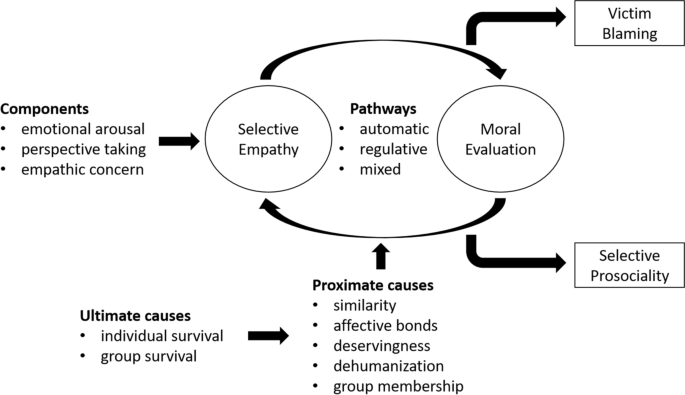In recent years, empathy in politics has been criticised. Because of deepening political polarisation, it has become common to believe that the political class has little empathy toward citizens. Though they express concerns over various issues, this concern seems to be selective, appealing to some demographic or agenda, and is not seen as relating to the overall needs of society.
Politics requires empathy. That is how the government-elected leaders gain the public’s trust. It becomes a kind of bonding through legitimacy when the elected official appreciates the hardships his or her constituents go through. However, how people see most politicians who engage only in “selective care” raises doubt over what state their hearts and resolve are in to serve the interest of all citizens.(more)
Empathy and the Leader
There is a need for leadership that is more than just knowledge of policy; it needs to be a connection with people. Leaders who have empathy can better deal with social issues that are complex in nature because they are likely to consider the various points of view and experiences of people. This is more so in a democratic setup where a government is expected to represent the interests of all its citizens, not a select few.
New studies suggest that empathetic leaders are more effective in winning popular support and cooperation. The more the constituents feel listened to and appreciated, the more likely they are to participate in the political process, become active in civic affairs, and support their leaders. Thus, a lack of empathy may result in disengagement and disappointment among the voters.
Selective Care: A Political Strategy?
Most politicians are masters of “selective care,” meaning they care for people based on being emphatic towards those who would happen to support their political agenda or voting base. The way politicians go about making decisions on what matters to focus on is strictly related to electoral prospects and not the overall needs of a community. Candidates, within election cycles, will discuss the concerns of the downtrodden or other major social issues, only for these matters to dissipate after the elections.
This creates further division and alienation among other groups, making society even more polarised. A citizen who feels neglected or used by the politician for political mileage has resulted in a breakdown between the people and their representative. A new trend of citizens demanding real and truthful representation is emerging, which will be met by politicians who fail to meet this demand and serve their constituents accordingly.
Only through politicians acting to genuinely engage with the communities they represent can the empathy gap be bridged. Some ways in which engagement can occur include listening to constituents, attending events held within their communities, and actively soliciting input from a cross-section of community groups. In showing the willingness to understand the needs and experiences of all the constituents, politicians can therefore work better towards a more empathetic and inclusive political culture.
For instance, politicians can take training on emotional intelligence and empathise. This equips such leaders with skills where people can connect more intimately and, thus, deliver quality services better in times to respond to public needs.
Conclusion
It is problematic to conclude whether there must be a lesson for the politician in terms of sympathy and if they are not all masters of selective care. It may be as evident that some politicians do genuinely care about the people, yet the perception of selective empathy poses a grave challenge to the political scenario. A world where voters will increasingly demand that their leaders are more genuine and personal demands to lie ahead of politicians who must present a commitment to empathy without any political end. Stronger relationships and greater public trust will lead to a more representative democracy in the sense that a more empathetic political culture will have been formed.















